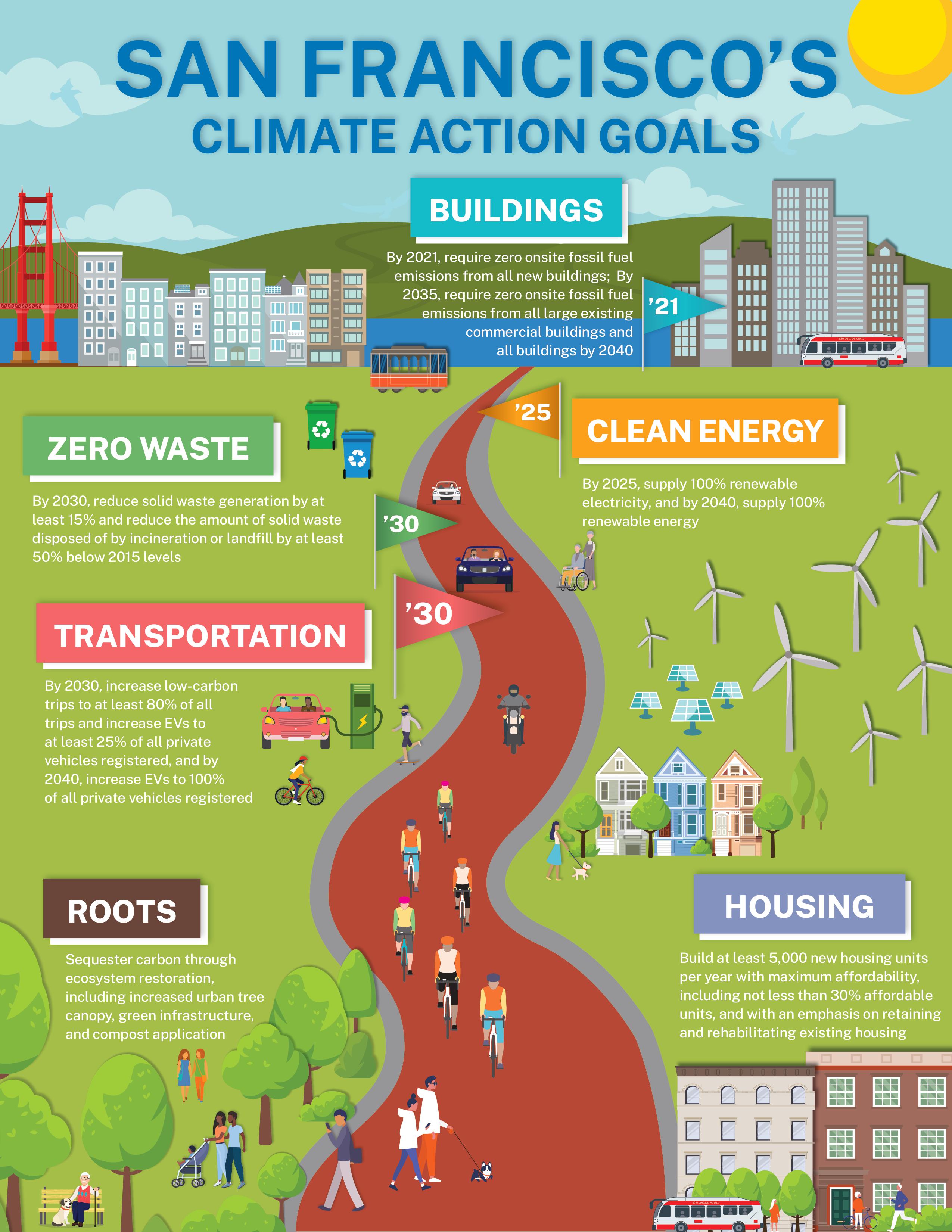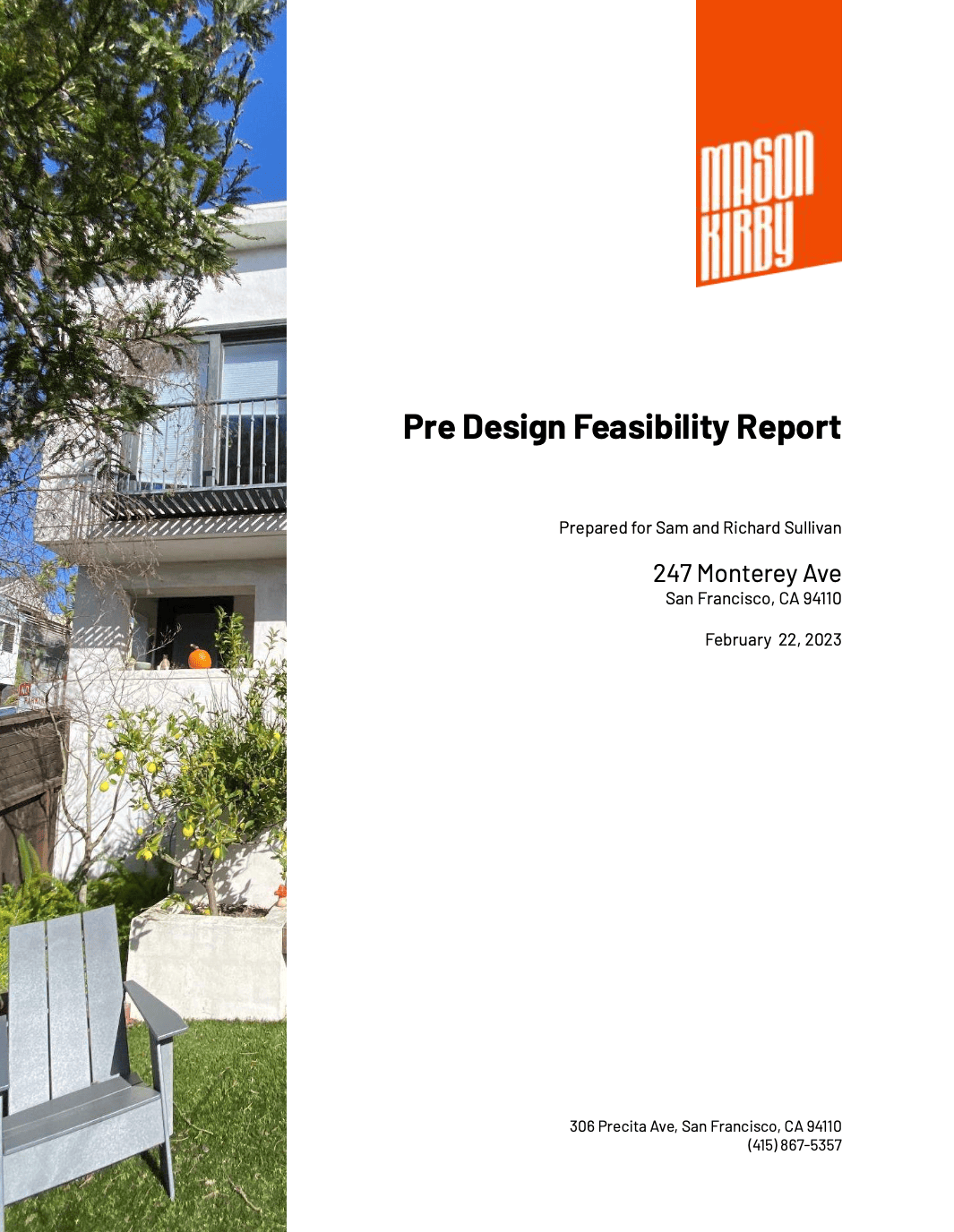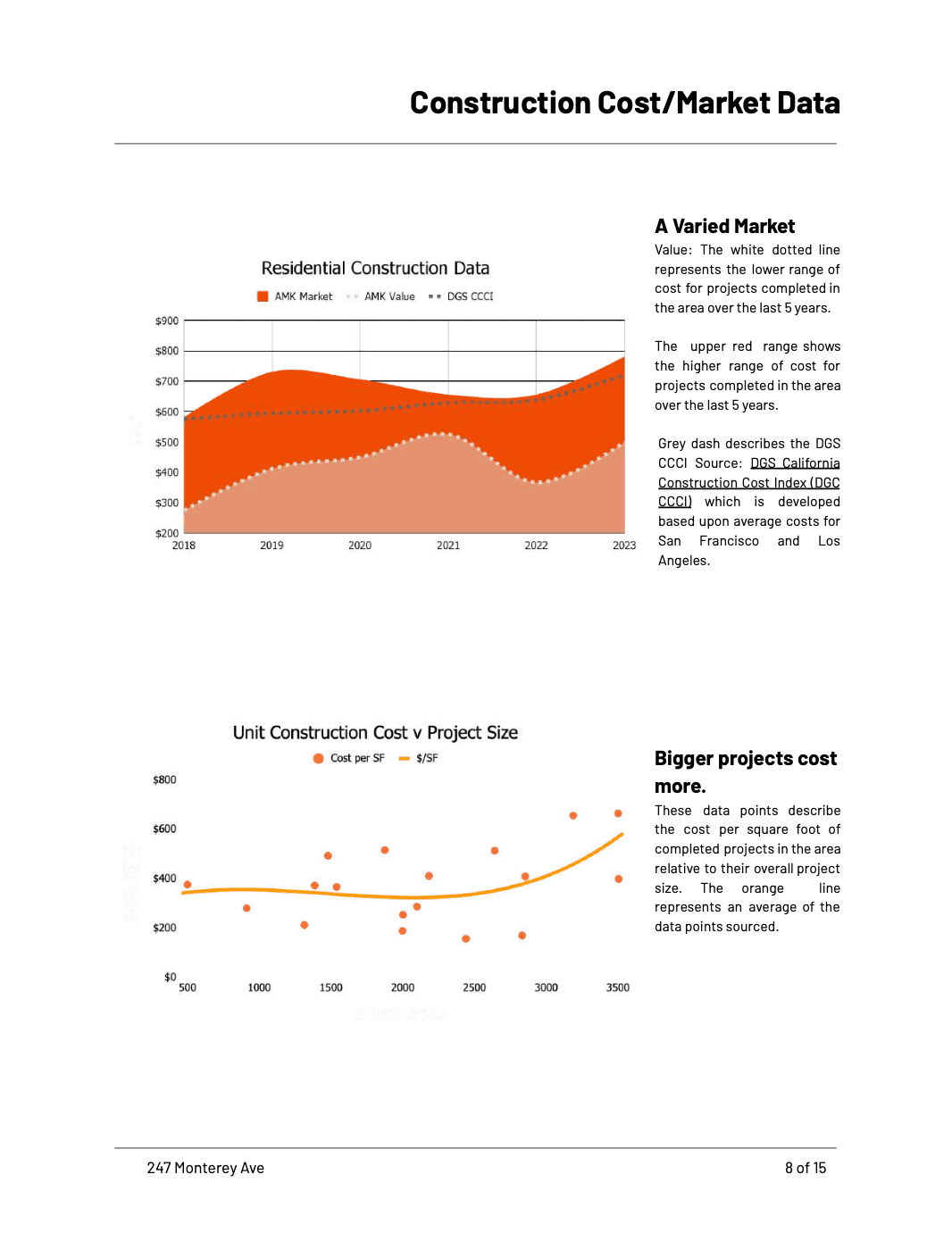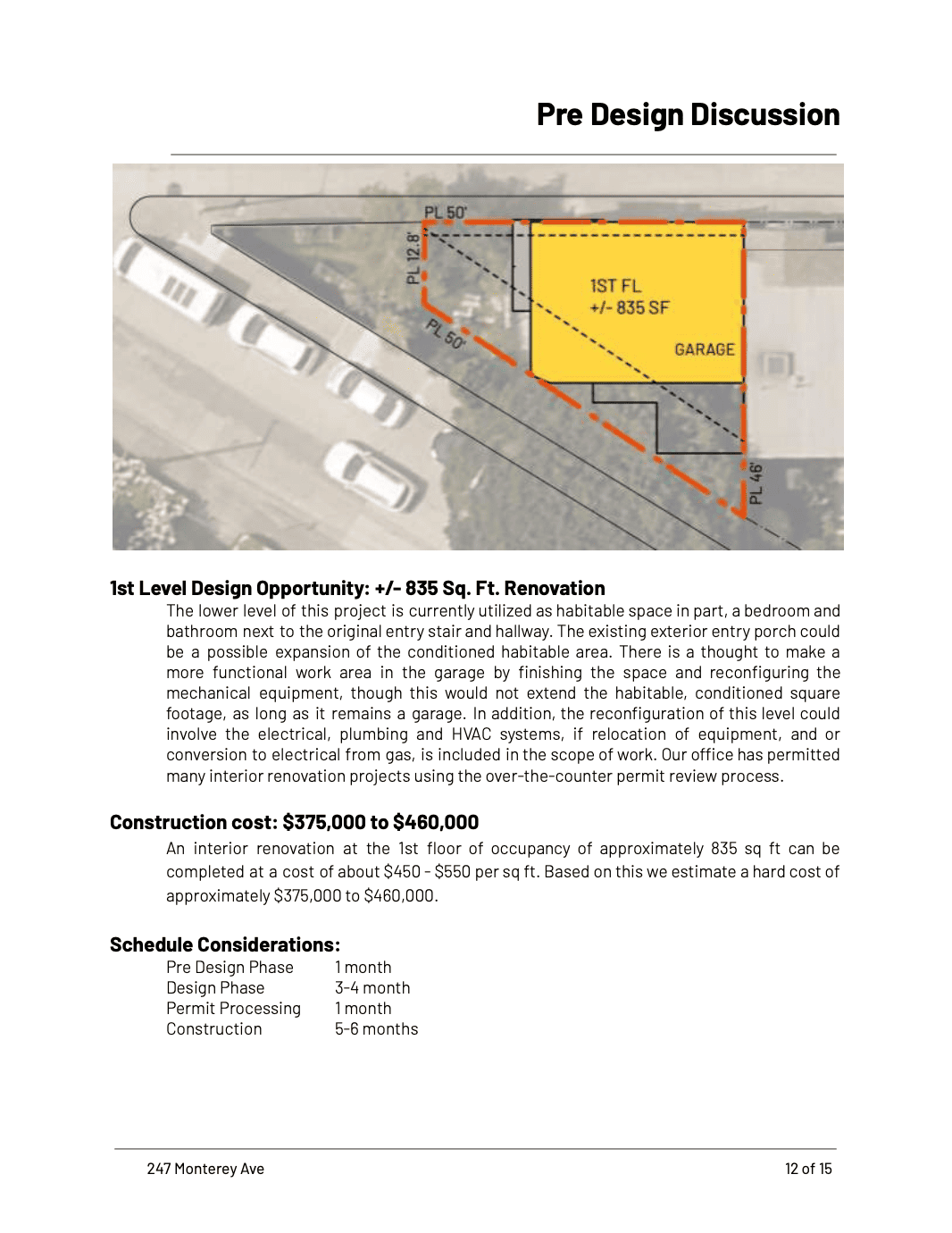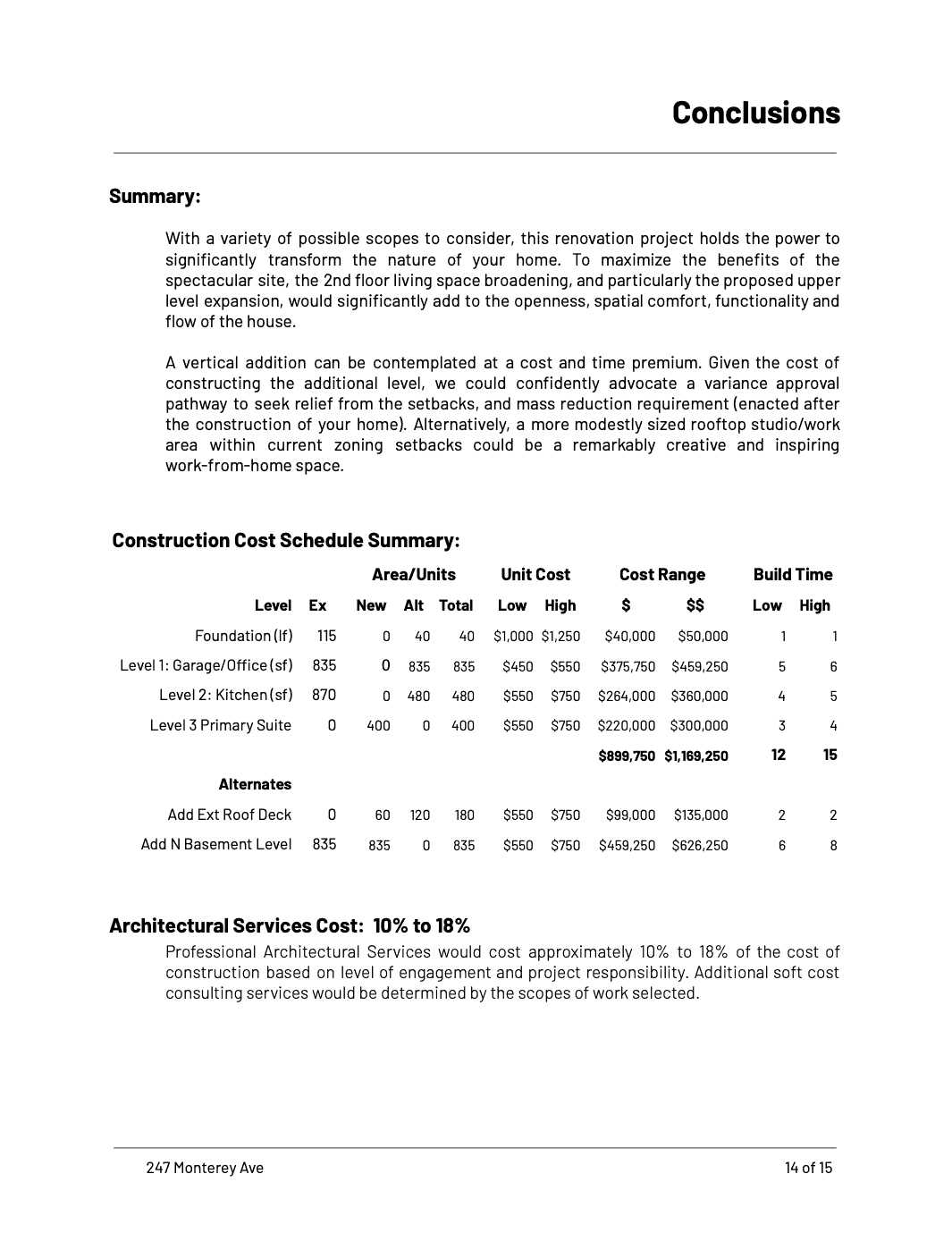Electrify Your Home
Many homes, in San Francisco rely on gas for heating, water heating and cooking purposes. However the burning of gas in our homes contributes to air pollution that negatively impacts our health leading to issues like asthma. Additionally it significantly contributes to climate change. Fortunately there is a solution; electrification. This involves replacing gas appliances with alternatives that’re clean, safe and efficient.
San Francisco has taken the initiative to transition towards all buildings to electric only. As of 2021 new buildings are required to be all electric according to the citys regulations outlined in the Climate Action Plan. The ultimate goal is to phase out gas from all buildings by 2040. We can all play a part in achieving this goal!
Why should we embrace electrification? Firstly it has health benefits. Natural gas appliances emit pollutants such as carbon monoxide and formaldehyde into the air that can be toxic for both humans and pets. By adopting solutions we can reduce emissions and enjoy better air quality in our homes.
Secondly there are safety considerations. Natural gas is highly flammable. Can pose risks if there is an earthquake or fire incident involving your homes gas lines.
But importantly addressing the climate crisis requires us to reduce greenhouse gas emissions associated with building operations. In San Francisco more, than one third of greenhouse gas emissions come from using gas in buildings. To combat this issue effectively it is crucial that we shift our focus towards powering our buildings with electricity than relying on fossil fuels.
Electric heating, water heaters and cooking solutions have made advancements providing performance, dependability and cost effectiveness.
Solar PV
Solar photovoltaic panels let you reduce your energy bills by generating power on your rooftop. The financial benefits are even greater when you take advantage of discounted panels offered by the Bay Area SunShares. Even if you don’t have panels you can still use 100% energy by signing up for CleanPowerSFs SuperGreen option.
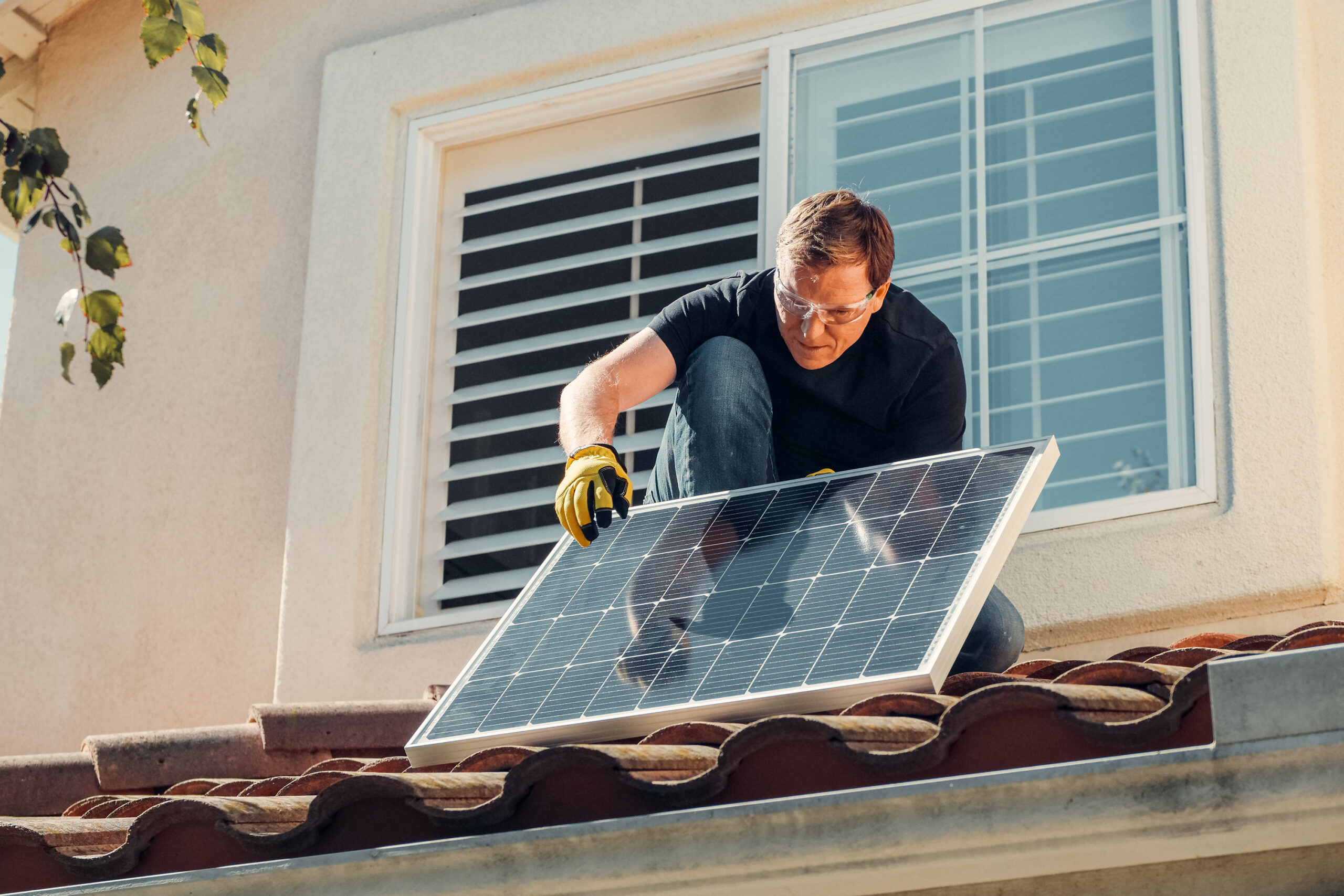
Induction Cooktop & Range
Compared to gas stoves induction cooktops heat up faster provide temperature control and are safer and easier to clean. It’s not surprising that many professional chefs have switched to induction. Give it a try, for free! You can borrow a portable induction cooktop for two weeks at no cost, through the PG&E Induction Cooktop Loaner Program.

Air Source Heat Pump
An air source heat pump is an alternative, to a gas furnace for heating your home. It works by extracting heat from the air. It can also be reversed to provide cooling during hot summer days. For performance it’s essential to have air sealing and insulation in conjunction with the heat pump, which can reduce energy bills and enhance year round comfort in your home.
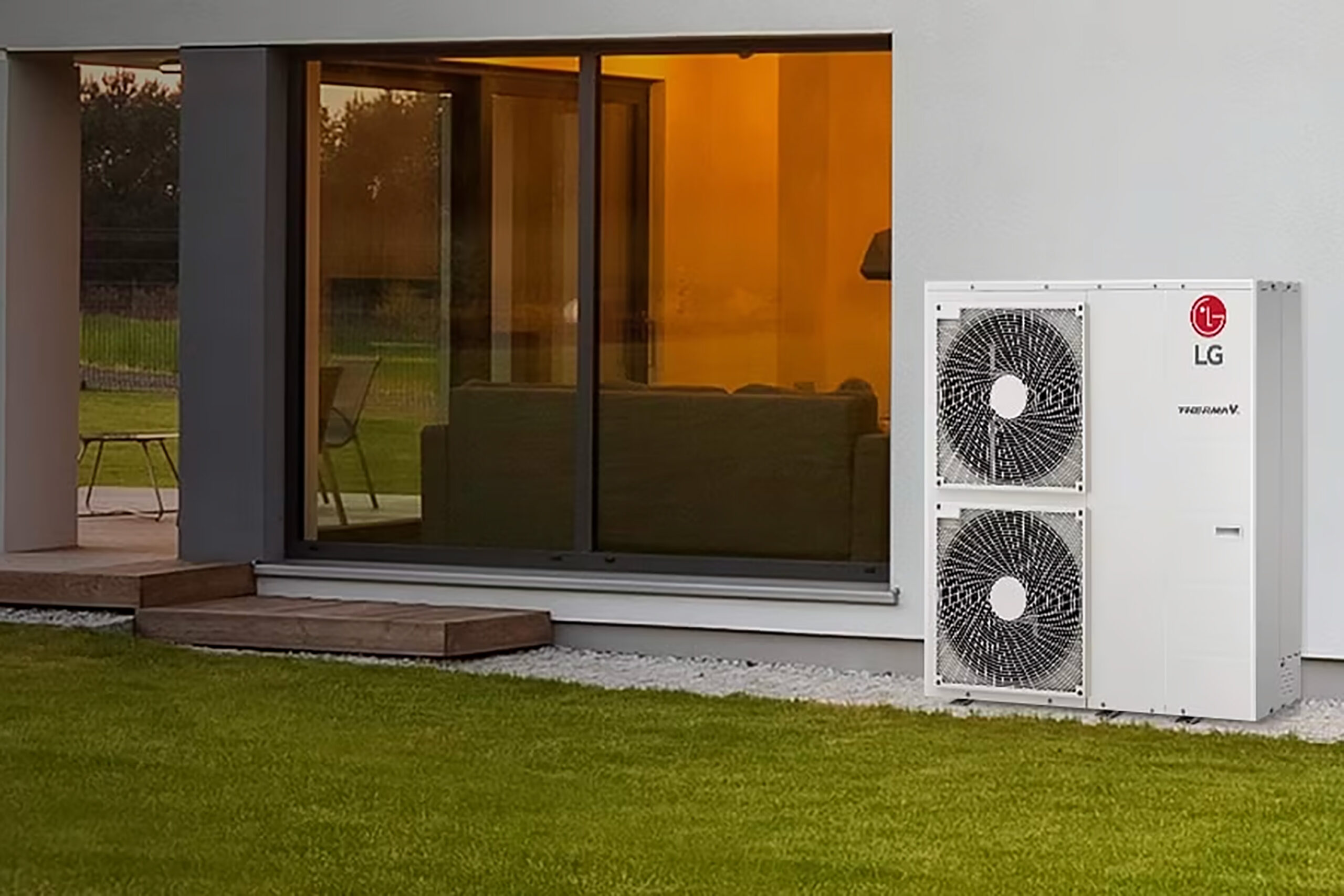
Heat Pump Water Heater
Heat pump technology offers a way of producing water compared to traditional gas or electric resistance water heaters. Heat pump water heaters require an outlet. May need more clearance space than their gas counterparts.
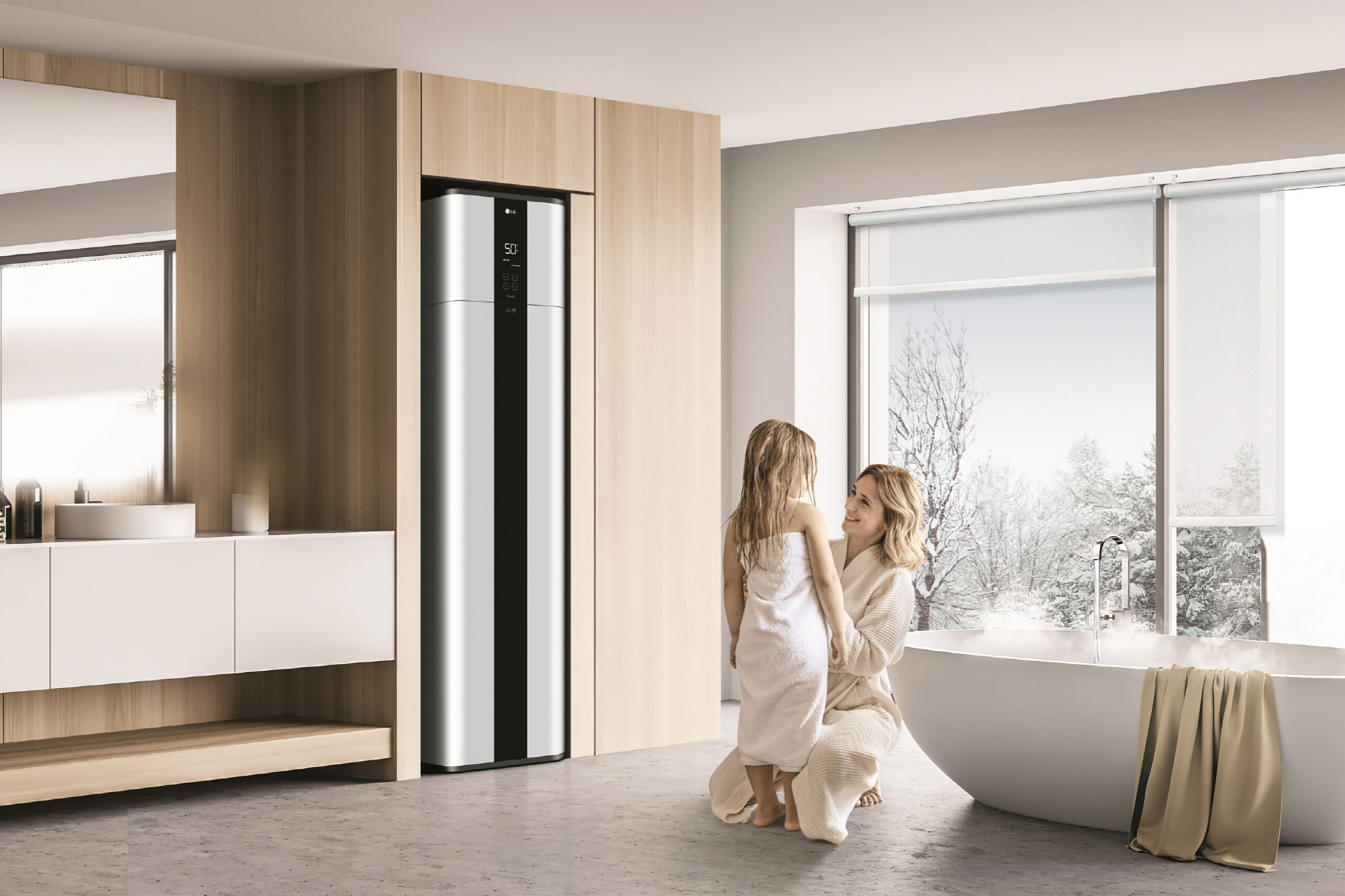
Heat Pump Clothes Dryer
In addition to their energy efficiency benefits heat pumps are also an option, for clothes drying purposes. They’re really easy to set up because you don’t need any ventilation. Another choice is a condensing washer/dryer, which’s an unit that both washes and dries your clothes saving space and energy.
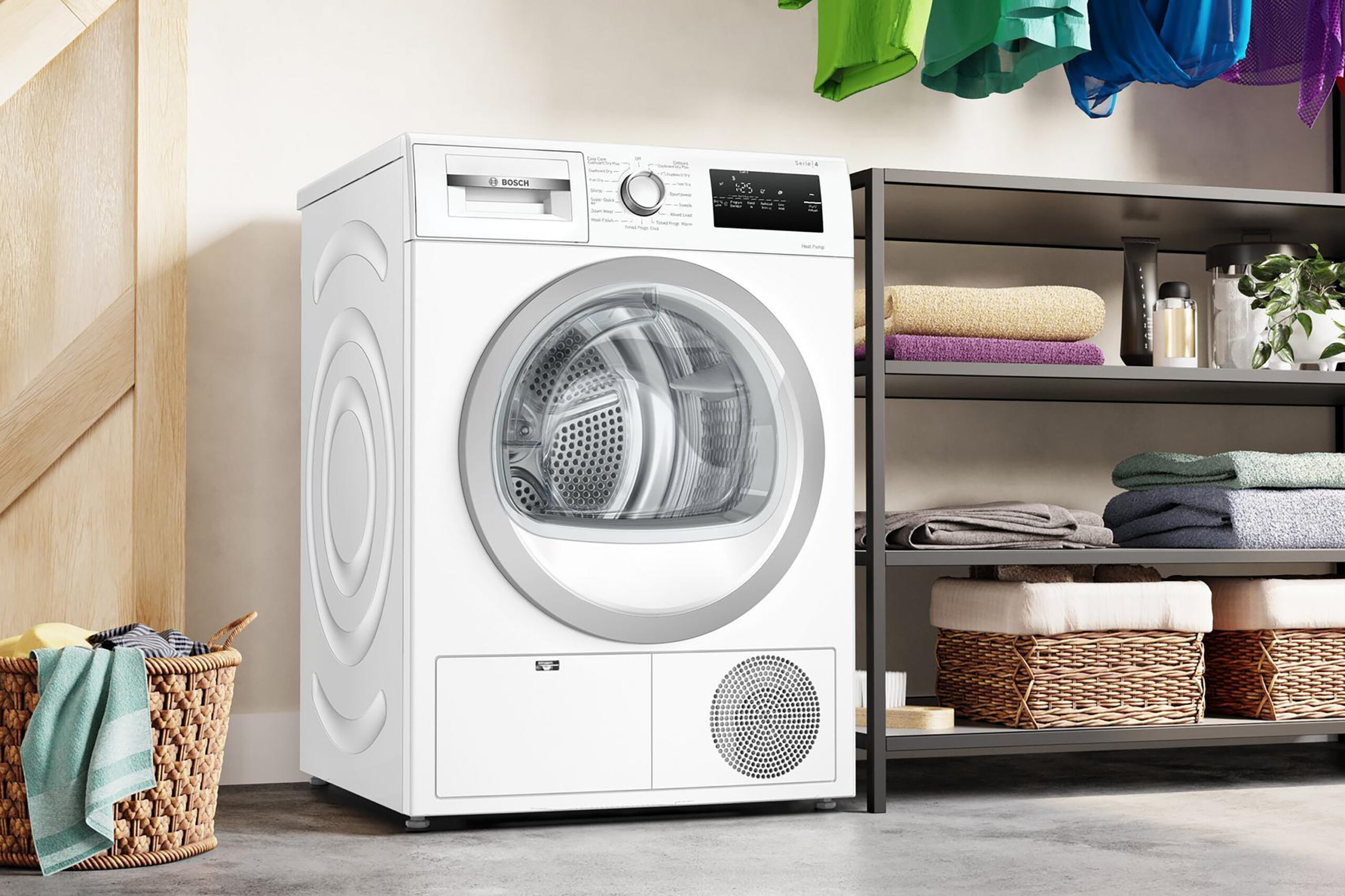
Electric Vehicle
Imagine the convenience of never having to visit a gas station! Discover the benefits of owning a car by clicking here. You can also use PG&Es EV Savings Calculator to compare electric vehicle models and explore rebates and tax credits. Additionally through Ride & Drive Clean there might be opportunities for discounts on vehicles.

Common questions and concerns
Modern electric appliances, including induction cooktops, are designed to be highly efficient and in many cases can outperform their gas counterparts. Induction cooktops, for instance, offer rapid, precise heating and are considered to be more energy-efficient than gas stoves.
While electricity rates can sometimes be higher than natural gas rates, the overall cost can be mitigated by the increased efficiency of modern electric appliances and heating solutions. Additionally, integrating solar panels or other renewable energy sources can further decrease electricity costs in the long run.
Power outages can affect homes regardless of their energy source. With gas, there’s still the risk of disruptions due to maintenance or other issues. It’s always wise to have contingency plans for power outages, such as battery backups or portable electric generators. Moreover, some electric appliances have built-in battery reserves for such situations.
Modern electric heating solutions, like heat pumps, have advanced significantly and are capable of providing consistent, comfortable warmth, even in colder climates. The technology has improved to close the efficiency gap with gas heating systems.
While many chefs traditionally preferred gas for its precise flame control, induction cooktops are becoming more popular due to their safety, cleanliness, and quick, precise heat control. The preference often comes down to individual habits and comfort, but electric cooking can match gas in terms of performance.
With the growing shift towards renewable energy sources and the expansion of electric infrastructures, cities and nations are preparing for a future where electric power is dominant. Continuous investments in this sector indicate a positive trajectory for the all-electric movement.
As awareness of environmental concerns grows and technology advances, all-electric homes are becoming increasingly desirable. Many homebuyers now prioritize energy efficiency and sustainability, meaning a fully electric home could potentially increase in value over time.
Electric homes, when properly designed and maintained, are safe. In fact, there’s no risk of gas leaks, which can be a significant safety concern in gas-dependent homes. It’s essential to ensure regular electrical maintenance and use quality appliances to mitigate risks.
The method of heating might be different, but the taste of food primarily depends on ingredients, preparation, and cooking techniques. Most people find little to no difference in taste when switching from gas to electric cooking.
While converting back to a gas-based system would involve some costs and modifications, it is possible. However, given the trend towards cleaner energy solutions and the efficiency of electric systems, many homeowners find they prefer the benefits of staying electric.
San Francisco's Climate Action Goals
